class: center, middle, inverse, title-slide # War, Technology & Innovation ## Course Introduction: What’s the Difference Between a Coffee Mug and an F-35? ### Jack McDonald ### 2019-09-23 --- # Outline - An Origin Story - Some Admin stuff - Questions ??? Hi, here is where the magic happens --- class: inverse # Discussion Slides You will see a lot of slides like this during lectures This indicates a group discussion - About 7-8 minutes discussing your thoughts/answers in a group of 4-6 people - Whole class discussion follows for another 5-10 minutes If your entire group agrees at any point: what is the strongest argument against your consensus? --- class: inverse # Discussion Question .question[Why might studying the production of coffee mugs tell you more about contemporary warfare than studying the F-35?] --- # An Origin Story .left-column[  ] .right-column[ - Problems with the study of war and strategy (The problem of "War as battle") - Problems with pure social constructivism (The material world doesn't care for your beliefs.) - Scepticism about claims of technological novelty/impact (Will AI really change everything?) - Underlying dissatisfaction with object-centric war/technology discussion ] --- # Oscar the Grouch vs the Cookie Monster .pull-left[  "Grouchy, for lack of a better word, is good" ] .pull-right[  "Mmmmm. A brand new shiny thing. Me like!" ] --- class: inverse # Discussion Questions .pull-left[ .large[ - Why do you want to study war, technology & innovation? - How might that effect your objects of study, and research methods? ] ] .pull-right[ 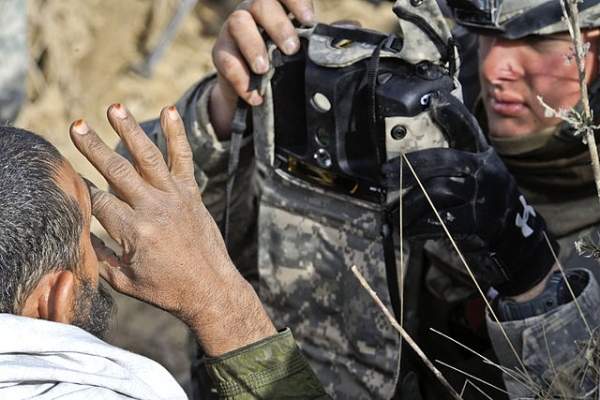 <!-- 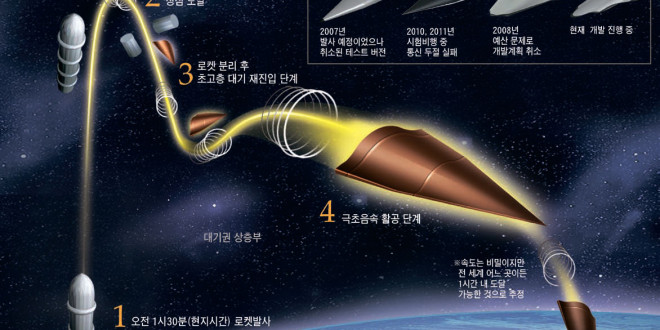 --> ] --- # The Structure of Questions - What are the kinds of questions that people ask about the technology and the history of technology? - The history of the _invention_ of tools and techniques - How does _innovation_ happen? - How/why do _innovations_ spread through social systems? - What are the kinds of questions that people ask about the relationship between war and technology? - How has technology _shaped_ the conduct of war in history? - Why do some _novel_ technologies _cause_ military _revolutions_? - What kinds of technologies are going to _reshape_ warfare in the future? We find a strong bias in favour of examining novelty and change, people don't tend to study why things remain the same. --- # A Light in the Dark: The Strong Programme > 1. It would be causal, that is, concerned with the conditions which bring about belief or states of knowledge... > 2. It would be impartial with respect to truth and falsity, rationality or irrationality, success or failure. Both sides of these dichotomies will require explanation. > 3. It would be symmetrical in its style of explanation. The same types of cause would explain, say, true and false beliefs. > 4. It would be reflexive. In principle its patterns of explanation would have to be applicable to sociology itself. (David Bloor, _Knowledge and Social Imagery_) ??? Academics wondered why "good" science got an explanation from knowledge, and "false" science got an explanation from sociology. --- # Strong Strategy & Technology Studies? .pull-left[How do you go about trying to form a symmetrical framework for the investigation of war and strategy? - A little bit of strategic studies. - A little bit of Science & Technology Studies (STS). - A little bit of the history of technology. - A little bit of military history. Hey presto: You get this course.] .pull-right[ 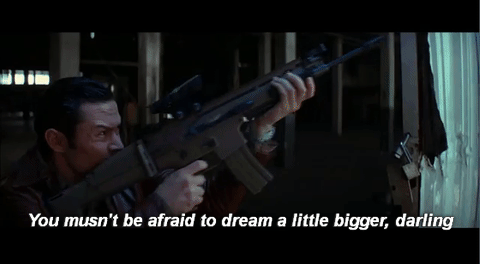 ] ??? So actually, it pays to take a complete step away from war and technology to consider technology and social systems --- # What is Technology, Anyway? .pull-left[ .small[ > - The branch of knowledge dealing with the mechanical arts and applied sciences; the study of this. > - The application of such knowledge for practical purposes... > - The product of such application; technological knowledge or know-how; a technological process, method, or technique... (Oxford English Dictionary) > Before World War II, people made sense of material culture primarily with other terms, such as _invention, industry, manufactures, machinery, science_, and especially _art_. (Eric Schatzberg, _Technology_) ]] .pull-right[ .small[ > ...exists as an element in human culture and it promises well or ill as the social groups that exploit it promise well or ill. (Lewis Mumford, _Technics and Civilization_) > The engineer, and more generally the designer, is concerned with how things ought to be how they _ought_ to be in order to _attain goals_, and to _function_. (Herbert Simon, _The Sciences of the Artificial_) > Technology involves organization, procedures, symbols, new words, equations, and, most of all, a mindset. (Ursula Franklin, _The Real World of Technology_) ]] ??? Organised knowledge Practice? An adaptive buffer? (Herbert Simon) Something else? (Franklin, mindset) --- # Objects, Agents, Systems .pull-left[  ] .pull-right[Underlying definitions of technology are radically different _social ontologies_. However, the study of technology invariably involves _tangible_ objects and artifacts. Therefore a key concern is the relationship between _social_ systems and the material, or natural, world. Some of these theories are best classed as "vertigo inducing".] ??? War and warfare as objects or variables systems Change over time --- # What Are You Seeking To Understand? .pull-left[ .medium[ - To what extent does technology _determine_, _construct_, or _shape_ the conduct of war? To what extent is the conduct of war independent of technological factors? - How do explanations of change or stasis in underlying technology relate to explanations of change and stasis in the character of warfare? - What kind of causal claims about war and technology are defensible, or indefensible? - How do levels or objects of analysis shape our perceptions regarding the relationship between war and technology? - How and why do general theories of innovation differ from theories of military innovation? ]] .pull-right[  .small[_Figure: Correlation != Causation..._] .medium[ - What, if anything, can be gained from the study of technological stasis and maintenance versus technological novelty? - Is a general theory of the relationship between war and technology possible? Why/why not? ]] ??? Culture is a bucketlist explanation: everything is culture and nothing is culture Moreover: What levels of explanation are we looking at? (Systems, polities, institutions) And then, the Big C: Causal relationships --- # Pattern Analysis As An Escape Hatch .tier-1[ .pull-left[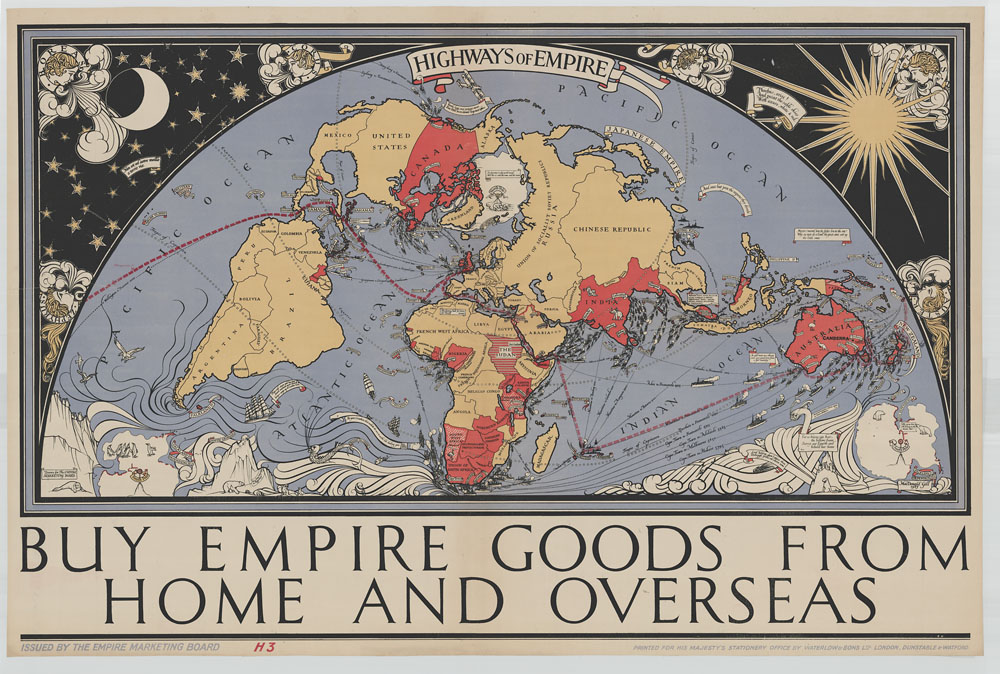] .pull-right[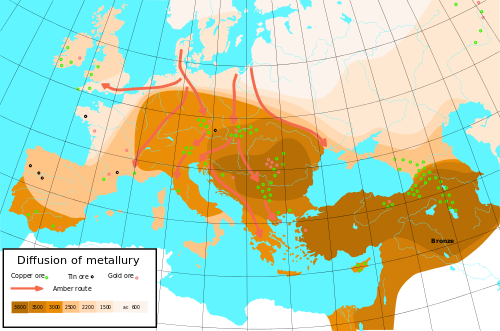] ] Can we see patterns of technological change/stasis? Good. That's a start. ??? Let's take a step back: we need a minimal conceptual framework to evaluate evidence, but with long duree analysis maybe we can look at wider patterns of change, without tripping ourselves on causal explanations --- # Observing Change in War & warfare .left-column[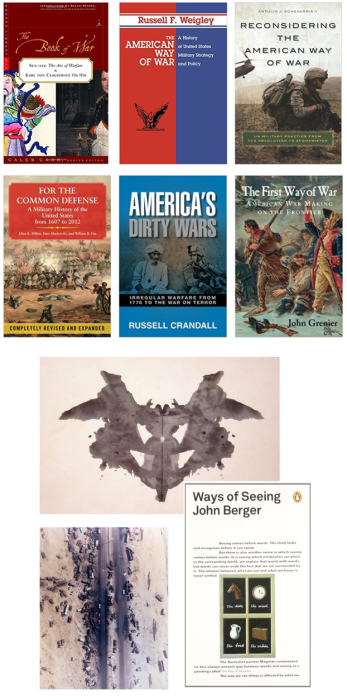] .right-column[- Some basic problems: - What counts as war? - What kind of activities do you include in warfare? - How do those two differ from the people who wrote the sources that you rely upon? - What changes are you observing? - The character/conduct of warfare? - The nature of war? (This is very contentious) - Some models: - Strategic, universal: Warfare is a product of unchanging principles, in context - Competitive adaptation: Challenge/response dynamic - John A. Lynn: Discourse of war/reality of war clash - Wayne E. Lee: Capacity, calculation, and culture ] ??? Okay, so once we've looked at change over time, how do we make sense of it? --- # Explanations of Technological Change .pull-left[ .medium[ One way of thinking about technology is that it consists of stable social adaptations to the environment. Theories of technological change usually include concepts of evolution (e.g. _punctuated equilibrium_) - these come with strings attached! A key issue: warfare is a product of technological change, but also generates technological change.] ] .pull-right[] ??? Basalla et al, Evolution metaphors and the problems that they present --- # Processes of Military Technology Change .equalise[ .left-column[] .right-column[ .small[Some problems with studying military technology: - The result of war is neither wholly rational, nor wholly predictable - Warfare is heterogenous, meaning that different polities can fight for different things, in different ways, at the same time - Wars change underlying political conditions, which then alter the pre-conditions for the next war There are substantial overlapping fields concerned with military technology, and changes in military technology: - Strategic studies - Security studies - Military innovation/transformation - Nuclear proliferation/arms control - Military history - Critical war studies]] ] --- class: inverse # Discussion Question .question[What determines the way in which you use your phone?] --- # Agency, Determinism, and Teleology .pull-left[ .medium[We will encounter various forms of determinism, and soft-determinism, in this course. Therefore be aware of the straw man fallacy (pictured, sortof), and the single-cause fallacy. When reading, take note of teleological explanations (that objects have inherent purposes), as well as themes of progress towards some ultimate goal. You should also be cautious about "tactical determinism" - just because something won out in history doesn't mean it was the only possible option.] ] .pull-right[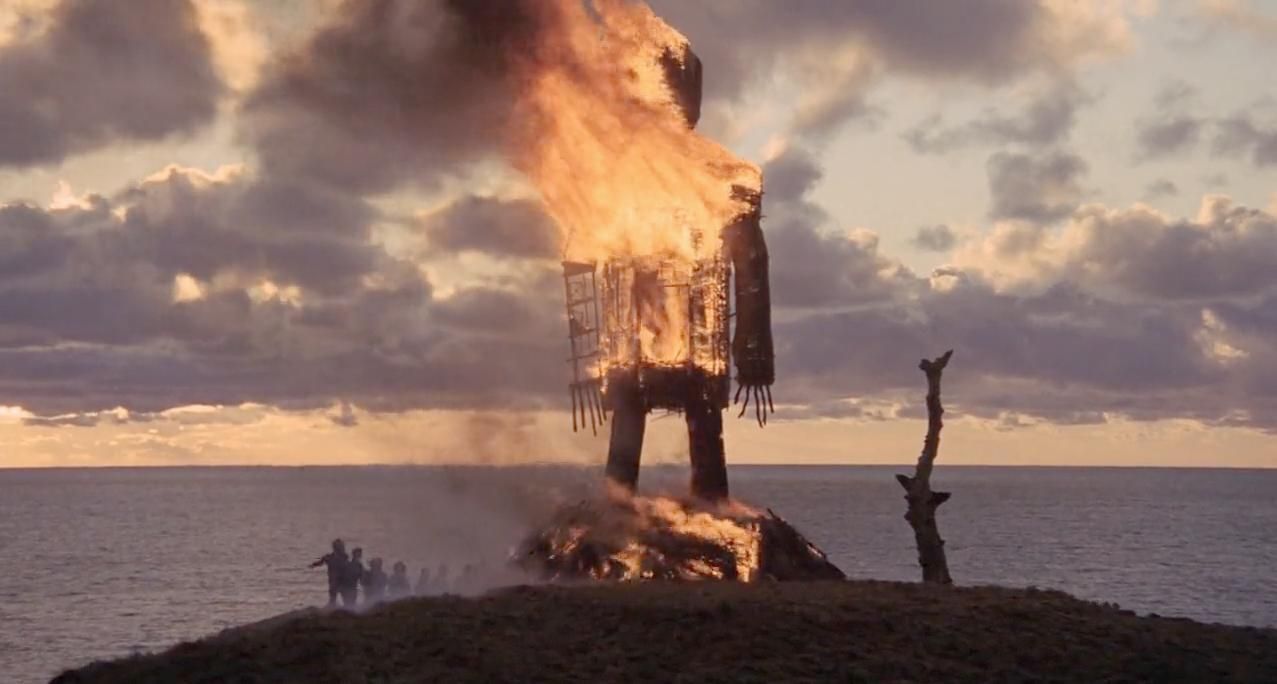] --- # The Big P: Prediction .left-column[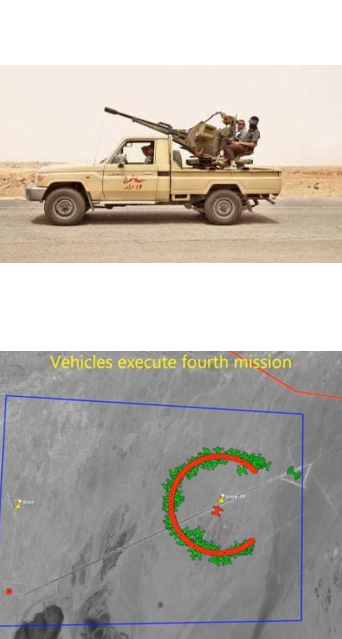] .right-column[Why is everybody worried? Because the future is uncertain and the idea is that if you bet wrong, then you're out for the count. We use lessons from the past as a comfort blanket for the future, even though we know we'll get it wrong. We also encounter the fear of the future: the idea that we are behind, or that there's a revolution happening and we're not involved.] --- # What Does the Cookie Monster Miss? Heterogeneous wars and warfare Technological change and effects that aren't cookie-shaped Key processes and ideas that might have more of an effect than innovation and perpetual novelty-seeking (Maintenance) ??? --- # The Course .medium[The module is divided into four uneven parts: - A lecture series: "War and technology, minus the weapons" - We _will_ be discussing war and warfare here, but the point is to take the history of technology/STS as our starting point. - A seminar series: "Military revolutions" - Here we will be looking at historical debates about the role of technology in changing patterns of warfare. - A research series: "Not Much Ado About AEGIS?" - Here we will be focusing upon military innovation and the development of weapon systems - A research series: "The Periodisation Problem" - Here we will look at the periodisation of warfare and technology in history, since it's the way we define start/end points of change] -- .medium[- By class consensus, we can add: - A seminar series that examines claims of novelty in contemporary military practice by tracing technological lineages in history. (Probably on remote warfare)] --- class: inverse # Admin ??? --- # The Course Some basic points: - This course exists to give you the tools to do assessments on the subjects that interest you. - Group projects are there to give you some practical experience (working well with other people), some research experience relevant to the assessments, and to produce resources that everyone can use. - The assessments reflect real-world research products (Can you research and explain a problem? Can you perform independent research?). - You might not enjoy every aspect of the course, but keep an open mind. ??? --- # Learning and Assessment - This course prioritises group work - If you work well in a group, you will learn more - You are always assessed on your individual performance - If you commit plagiarism, I cannot help you - Read the handbook - If in doubt, ask prior to submission of work - Never cut and paste anything into a document There is a complete handbook available for the course. It contains everything you need except for submission dates/contact details which are on KEATS. ??? --- # Assessment Pattern There are two assessments: - A literature review (2500 words, 33% of mark) - A research essay (5000 words, 67% of mark) The details are in the handbook. You are free to choose the subjects for the assessments so long as they minimally fall under the broad headlines of the course. As a guide: if you can directly engage with some of the fields/disciplines covered in the core readings, you're probably good to go. - Yes, you can do contemporary stuff in your assessment. ??? --- # Non-Assessed Work There are a small number of group projects that are designed to prepare you for assessments: - Literature Search - Case Study - Random Revolutions Each of these is designed to produce something that the group as a whole can use. In addition, there are "Alternate Learning Tasks" - If you have to miss a session, I'll ask you to do a small task that will give the rest of the group something to think about. ??? --- # Lectures, Seminars, and Group Projects .pull-left[ - "Lectures" - Small group discussions (Theory/Reading) - Lecture - Small group discussions - Wider Themes - Seminars - Small group discussions - Group Projects - Literature Search - Case Study - Random Revolutions ] .pull-right[ - Term 1 - Lectures present the spine of the course - Seminars explore a key element of the course in depth - Group Projects to develop research skills, for the benefit of everyone - Term 2 - Research lectures/seminars are areas that I'm actively researching - Designed for you to engage in research, and bring your areas of interest to the course ] ??? --- # Knowledge and Skills - This course emphasises the development of skills that enable knowledge acquisition and analysis - “Deliberate practice” in lectures, seminars, project work, and self-study - View your weekly reading as a way of developing information processing skills - Time yourself! - Can you explain the article/chapter in 1 page of A4? What about half a page? - Track your improvement (reading speed, clarity of summation, etc) - View your project work as a way of developing project management & delivery skills - Communicating with complete strangers - Scheduling work sessions - Working cooperatively to improve the output - Again, track your improvement (response times, shorter meetings, etc) ??? --- # Learning Expectations My starting premise is that everyone here is an adult, and here to learn. That said, there are a few rules: - Turn up to all learning sessions, or let me know if you can't attend - Be excellent to each other - If you have a question about the course, please check the handbook first ??? --- # Questions?